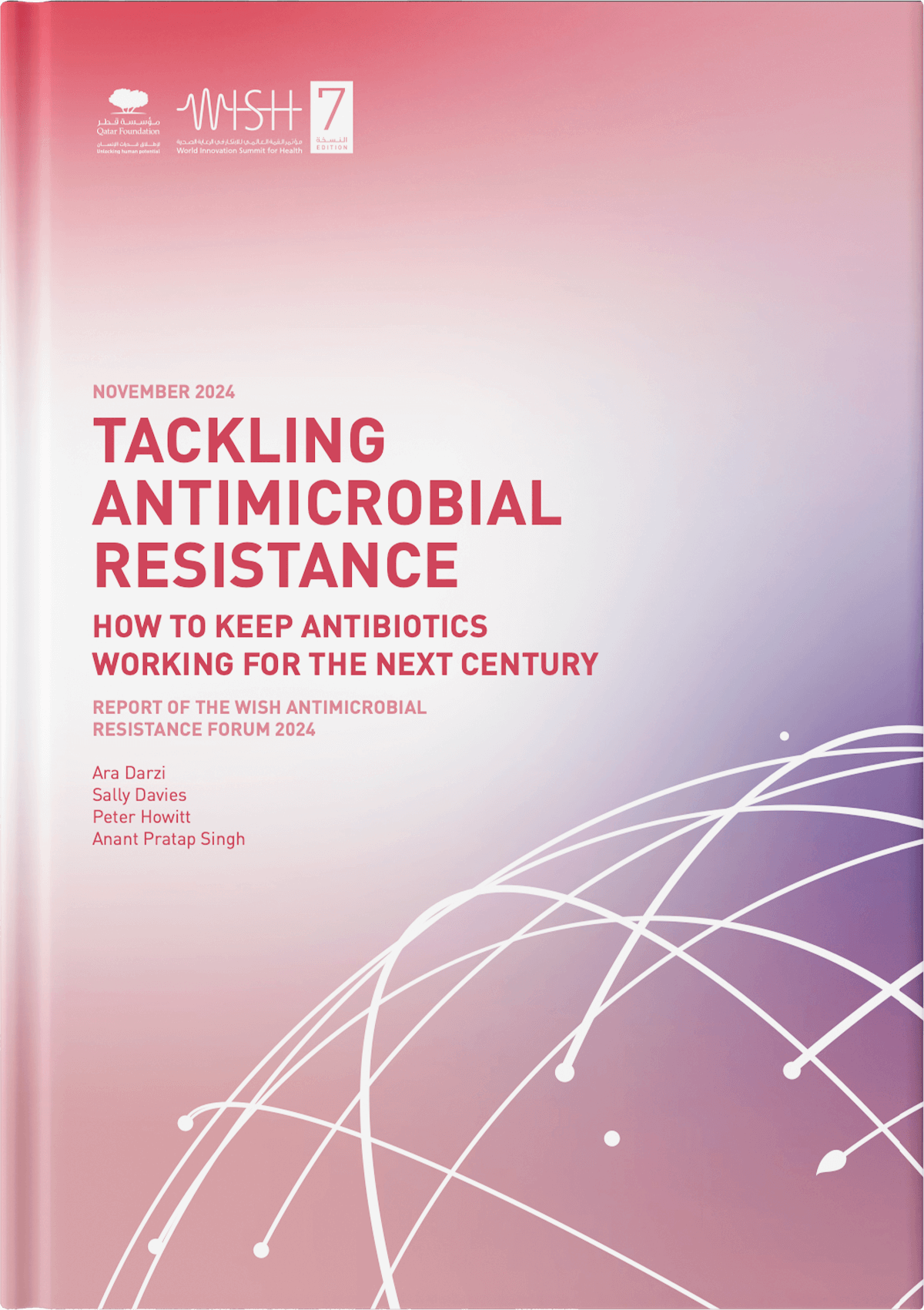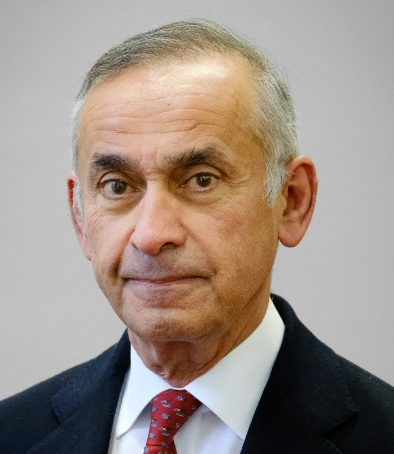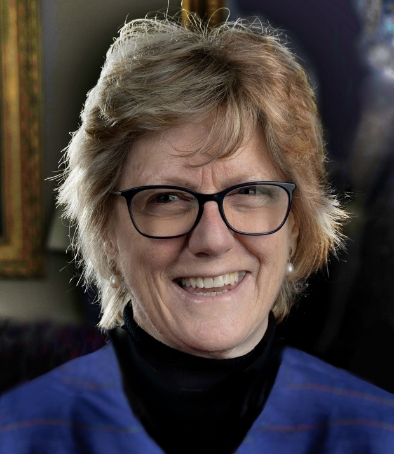Tackling Antimicrobial Resistance: How to Keep Antibiotics Working for the Next Century


Lord Darzi is Co-Director of the Institute of Global Health Innovation at Imperial College London and holds the Paul Hamlyn Chair of Surgery. He is a Consultant Surgeon at Imperial College NHS Trust and the Royal Marsden NHS Foundation Trust, Chair of the NHS Accelerated Access Collaborative and Chair of the Pre-emptive Health and Medicine Initiative at Flagship Pioneering. In his role as Executive Chair of the Fleming Centre Initiative—a partnership between Imperial College Healthcare NHS Trust and Imperial College London—Lord Darzi is spearheading the development of The Fleming Initiative, aimed at leading a global movement to combat antimicrobial resistance. In 2002, Lord Darzi was knighted for his services to medicine and surgery, introduced as Lord Darzi of Denham to the UK’s House of Lords in 2007, been a member of His Majesty’s Most Honourable Privy Council since 2009 and awarded the Order of Merit in 2016. Lord Darzi was awarded the Qatari Sash of Independence in 2014, is the Executive Chair of the World Innovation Summit for Health, Vice-Chair of the Board of Governors of Sidra Medicine, an International Advisory Panel Member for Hamad Healthcare Quality Institute and Member of the Advisory Board for the Qatar Foundation.

Dame Sally Davies was appointed as the United Kingdom (UK) Government’s Special Envoy on Antimicrobial Resistance (AMR) in 2019. She is also the 40th Master of Trinity College in Cambridge University. Dame Sally was the Chief Medical Officer for England and Senior Medical Advisor to the UK Government from 2011-2019. She is a leading figure in global health, having served as a member of the World Health Organisation (WHO) Executive Board 2014-2016, and as co-convener of the United Nations Inter-Agency Co-ordination Group (IACG) on AMR, reporting in 2019. In November 2020, Dame Sally was announced as a member of the new UN Global Leaders Group on AMR, serving alongside Heads of State, Ministers and prominent figures from around the world to advocate for action on AMR. In the 2020 New Year Honours, Dame Sally became the second woman (and the first outside the Royal family) to be appointed Dame Grand Cross of the Order of the Bath (GCB) for services to public health and research, having received her Dame Commander of the Most Excellent Order of the British Empire (DBE) in 2009.